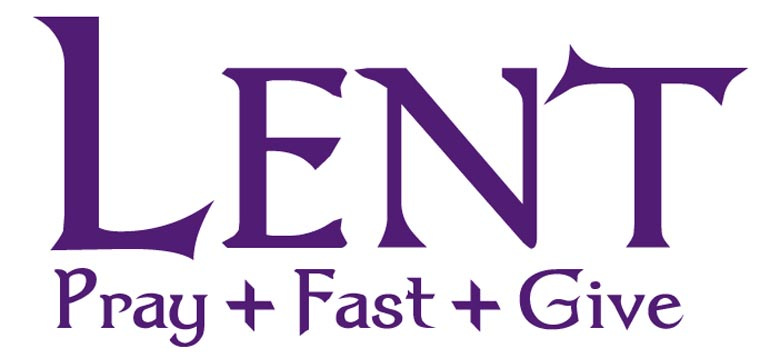Almsgiving Is Still a Good Word
Repairing a discarded Lenten pillar

Jesus said a lot about caring for the poor. I don’t feel the need to prove that here, but if you google it you’ll see — it was one of his favorite topics. It was also the first of his “doing justice” topics in the Sermon on the Mount. More on that in a moment. First, what is almsgiving?
Almsgiving is the old word for the charitable giving of food, funds, or material goods to those in need. You rarely hear that word now, I suppose like many good words it just sounded too antique and fuddy-duddy. I’m not sure why the word is out of vogue but it would be nice to see it make a comeback.
Let’s hope that almsgiving has not become equated with giving to the church offering on Sundays as that would be a regrettable reduction of Jesus’ vision. It is more, and different, than giving money to a religious community. It is a direct act of justice in a world full of red tape.
Before we get back to almsgiving, here is a digression to set a path for the next few weeks. Almsgiving was the first topic in Jesus’ Sermon on the Mount under the heading “practicing your justice.” There are three topics that hold together in an extremely tight stylistic pattern: almsgiving, prayer, and fasting. It is no coincidence that these are the classic discipleship rhythms of Lent. Then, a looser pattern encourages four more habits to make a seven topic content block from Jesus on discipleship practices. They are:
Almsgiving
Prayer
Fasting
Simplicity (Do not store)
Contemplation (Do not worry)
Self-examination (Do not judge)
Discernment (Do not give to dogs…)
No doubt, the pattern is strongest in the first three. But there is something going on with all seven, as they are each defined by a “do not” statement followed by positive instructions that become a primer in discipleship to the imago filii.
When you give
When you pray
When you fast
But store in heaven
Consider the birds/the flowers
Take the plank from your own eye
Ask/seek/find
Yes, a few holes can be punched in the pattern, yet there is something there. Seven “do nots” and seven rhythms for discipleship. It’s time to end this digression, but now you have a clue as to where this is going for the next few weeks.
So, alms can be money, food, other material goods — anything that makes an immediate and practical difference in the life of another person who carries the imago dei, the divine image that all humanity is made in. And this is the point of most of Jesus’ teaching on caring for the poor. The poor, like all people, are made in God’s image and precious to him.
Lent is a time of repentance, of introspection, of deeper self-perception. But it is not for all that a time of inaction. In a season of heightened prayer and fasting, almsgiving becomes the action that balances contemplation. For a disciple of Jesus, anytime is a good time for almsgiving. Alms are arms and legs on good intentions.
But, “isn’t giving to the poor potentially elitist and sanctimonious?” Ah. Yes, that might be an issue. And this touches on the very heart of Jesus’ teaching to form disciples to his image:
“So when you give to the needy, do not announce it with trumpets, as the hypocrites do in the synagogues and on the streets, to be honored by others. Truly I tell you, they have received their reward in full.
But when you give to the needy, do not let your left hand know what your right hand is doing, so that your giving may be in secret. Then your Father, who sees what is done in secret, will reward you.” Matthew 6:2–4 (NIV)
Giving to good causes or people in need can deform a soul. Giving can be paraded; it can be self-satisfying.
There is something beautiful as well as mysterious about the little phrase “do not let your left hand know what your right is doing.” Of course it is literally impossible, but it isn’t meant to be read that way, is it? It is a zephyr of poetry in a world of blowing trumpets; a mystery only to be learned in the practicing of it. It is not the way of corporations, which must make the most of every dollar given. It is not the way of large endowments that are recompensed with buildings and programs named in one’s honor.
No. Almsgiving is a breath of life for the giver and the receiver. A small, unheralded, breath.
Peace to you on the Way,
Josh


What a wonderful line, "...a zephyr of poetry in a world of blowing trumpets."
My friend, Paul VanderKlay has a phrase that catches similarly to your closing: "We [humans] are the stuff of earth and the breath of God." I think there's a solid connection going all the way back to your zephyr!
Applying, (It’s not about me), is rather humbling and I feel the need for the Spirit to guide me to serve in a Christ like manner. Your article is rich in how our hearts are pure when we give of ourselves with the motivation that Jesus directs.